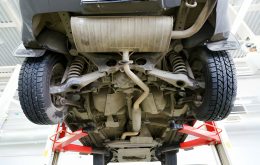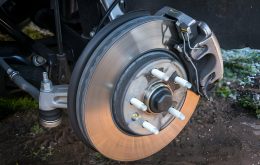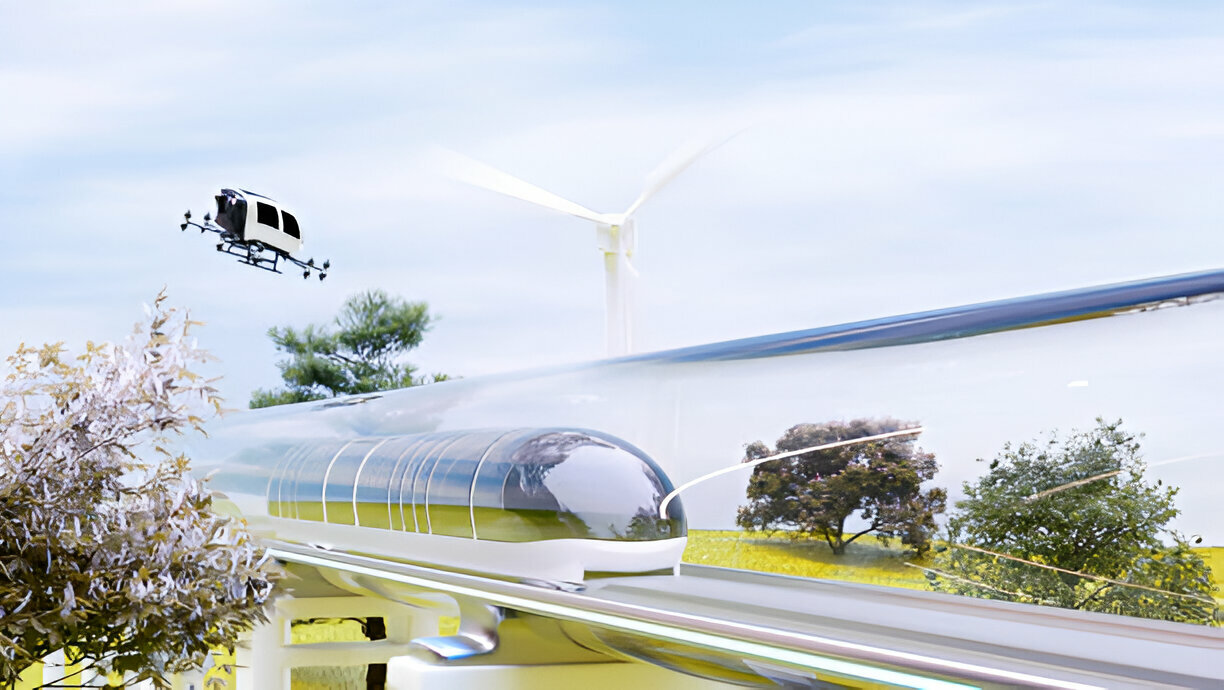Choosing The Right Tyres for Your Vehicle
When it comes to your vehicle, few things are as crucial to your safety and comfort as your tyres which is why it is quite intriguing that something of that level of importance is often largely ignored – especially in this part of the world where “harsh economic realities” might …
Evolution of The Automobile Industry
Just as I mentioned in the first sentence of this article – “Cars have become an important part of our daily lives all over the world and especially here in Nigeria where alternative means of transportation aren’t as readily available. And without any shred of doubt, we would cease to function optimally …
Automotive Manufacturing in the Age of EVs
The advent of Electric Vehicles (EVs) has prompted significant changes in the automotive industry as previously mentioned in past posts (*grins – yeah I know, sounded a lot like gbas gbos in my head too as soon I read what I wrote), and one of the major aspects said changes …
Understanding the Functions of Catalytic Converters (Catalysts) in Automotive Exhaust Systems
Catalytic Converters AKA Catalysts – play a vital role in modern automotive exhaust systems, helping to mitigate harmful emissions emanating from internal combustion thereby reducing air pollution by converting toxic gases such as Nitrogen Oxides (NOx), Carbon Monoxide (CO) and Hydrocarbons (HC) into less harmful gases – Carbon Dioxide (CO₂), …
Biofuel: Production, Functions, Advantages and Disadvantages
Biofuel is any fuel that is derived from biomass – that is, plant, algae material or animal waste. Since such feedstock material can be replenished readily, biofuel is considered to be a source of renewable energy, unlike fossil fuels such as petroleum, coal, and natural gas. Biofuel is commonly advocated …
How a Vehicle’s Braking System Functions
The Braking System in a vehicle is crucial for slowing down or stopping the vehicle safely. It relies on converting kinetic energy (the energy of motion) into other forms of energy, typically heat energy – through friction. The most common types of braking systems are hydraulic brakes and regenerative brakes, …
Common Causes of Car Problems
Car problems can originate from various factors, which could include mechanical issues, electrical faults, wear and tear, environmental conditions, and human error. Each of these factors can contribute to numerous issues with a vehicle, ranging from minor inconveniences to significant mechanical failures. By being aware of these potential issues and …
Autonomous Vehicles
Autonomous Vehicles, also known as “driverless vehicles” or “self-driving cars”, represent a revolutionary advancement in transportation. These vehicles are equipped with sophisticated technologies that enable them to navigate and operate without direct human input. The development of driverless vehicles involves a combination of sensors, cameras, radar, lidar, artificial intelligence (AI), …
Categories of Automobile Mechanics
There is a diverse range of mechanic jobs available that caters to various interests and expertise. Mechanics operate in different professional settings, such as repair shops, construction companies, and vehicle lots. Their responsibilities include examining vehicles, conducting diagnostic tests, performing mechanical and electrical repairs. We’ll explore various mechanic types and …
How a Vehicle’s Engine Functions
A vehicle’s engine is a complex piece of machinery designed to convert fuel into mechanical energy to propel the vehicle. The most common type of automotive engine is the internal combustion engine. Here’s an overview of how it works: The 3 Main Parts: In broad terms, the engine can be …

















